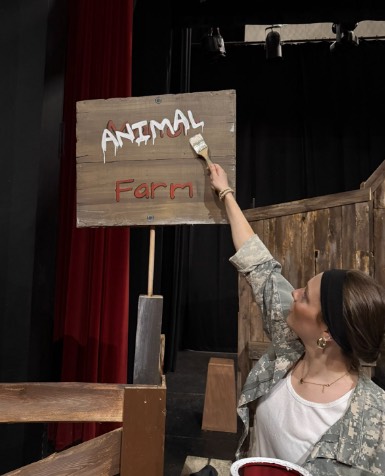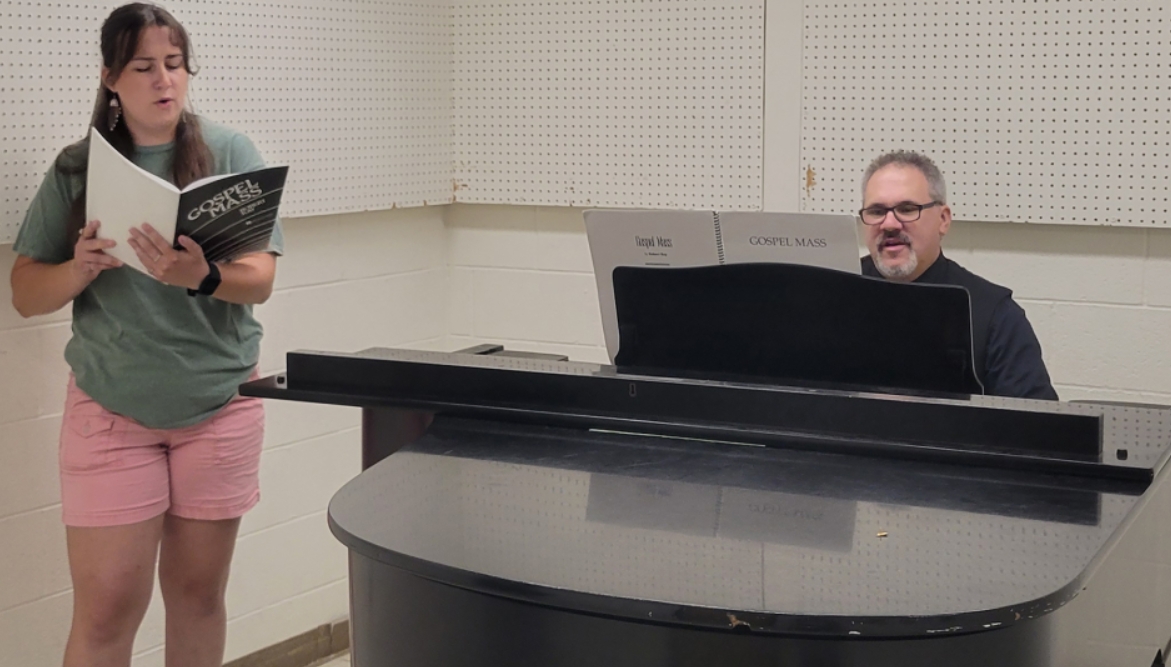By Jalyn Bolyard, Online Editor
Every spring semester when it snows, students tend to wonder if a three-hour delay or cancellation is on the way. There are certain procedures behind the scenes that students don’t normally see before the call is made.
The decision comes down to Scott Cook, Vice President of Student Services/Registrar, and Dr. Brian Crawford, Provost.
There are several things to take into consideration first, and one big aspect is the local roads.
“I generate the first call, and what I do is call campus police,” Cook said. “Our campus police patrol Route 88 and all the roads surrounding West Liberty, so I will call them initially to get feedback from them on what the road conditions are coming to campus. Then the provost, Dr. Crawford, and myself keep an eye on the weather forecast. Although we don’t follow local school systems, we do pay attention to what they’re doing.”
Sometimes, local school districts will close due to cold weather because of kids who would have to wait out in the cold for the buses. That is not a problem for WLU, and hence why the university doesn’t always follow local school systems if they close or delay.
During Cook and Crawford’s call, they debate on the best course of action. “Do we need to do anything, do we need to delay, or is it bad enough that we need to close?” said Cook. “If we do decide to delay, if the weather continues, then we pick a certain time to call back to see if it has gotten worse and if we need to close.”
They usually talk around 5:30 a.m. If WLU is on a 3-hour delay already and cancellation is still possible, they usually call again by 8:30 a.m. “Typically, we want to get the notice out by 6 a.m. We don’t want anybody out on the roads at all if the roads are bad,” said Cook.
After Cook and Crawford decide to delay or cancel the school day, action moves across campus. Cook sends out the TopperAlerts, emails, and contacts the local TV stations. Brenda King, Executive Director of Admissions and Recruitment, alerts local radio stations.
Meanwhile, Marcella Snyder, Director of Housing, calls the area coordinators and hall directors, who begins a phone chain throughout their dorm buildings. “Each resident assistant calls their co-RA or the RA on the next floor until it reaches back around to the area coordinator/hall director,” explained Krise RA, Noah Woods.
He also explained that RAs tend to find out in the early morning before the alerts are sent out. “It could be slightly different between buildings in how we prepare for a delay/cancellation, but usually in Krise Hall, if we believe a delay or cancellation will happen, we simply prepare specific cancellation/delay sheets that state the time and day of the cancellation/delay,” said Woods. After the call, RAs are expected to hang those sheets on their respective floors to alert other students who may not have seen the announcement yet.
However, a large aspect of WLU students are commuters. About half of students live on campus and about half live off campus; because of this, road conditions are critical to look at. “When you have over a thousand students who are commuting, that is something you have to take into consideration. The key is that if there is snow on the road, but class is in session, is to slow down. You can’t go 45 mph up around Route 88, you may have to go 25 or 30,” Cook said.
Even if WLU doesn’t delay or cancel and roads are bad, Cook urges students to stay safe. “We don’t want anyone to drive on a road that is not safe. If [students] don’t feel safe, stay home and email the instructors that the roads aren’t good, and they won’t be able to make it today.”
Photo Credit: Jalyn Bolyard







